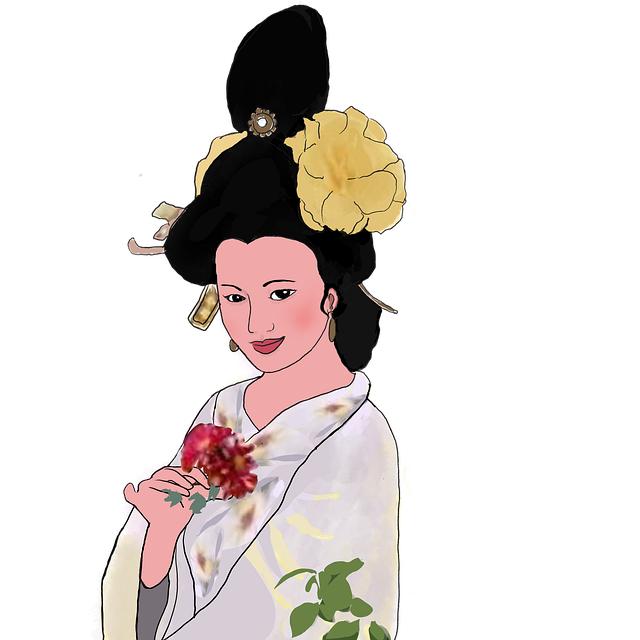Political Dynasties in Pakistan: Power, Influence, and Controversy
Political dynasties have played a pivotal role in shaping the political landscape of Pakistan. From the Bhuttos to the Sharifs, hereditary political families have not only dominated the political arena but also stirred considerable controversy regarding their influence on democracy. This article delves into the nature of these dynasties, their benefits, impact, and the ongoing controversies surrounding them, providing a comprehensive overview of political dynasties in Pakistan.
The Rise of Political Dynasties in Pakistan
Political dynasties in Pakistan are characterized by the continuation of political power within families over generations. Figures like Benazir Bhutto, Nawaz Sharif, and Asif Ali Zardari have been integral to Pakistan’s political narrative.
- Benazir Bhutto: The first woman to head a democratic government in a majority Muslim nation, she was the daughter of former Prime Minister Zulfikar Ali Bhutto.
- Nawaz Sharif: A three-time Prime Minister, he is part of the influential Sharif family from Punjab.
- Bilawal Bhutto Zardari: The son of Benazir Bhutto, he continues the Bhutto political legacy as chairman of the Pakistan People’s Party (PPP).
Impact of Political Dynasties
Political dynasties have several implications for Pakistan’s governance and democratic processes:
Benefits of Political Dynasties
- Continuity of Leadership: Dynasties often bring stability and continuity in governance.
- Established Political Networks: They possess extensive connections, allowing for effective lobbying and resource gathering.
- Political Experience: Successive family members may continue a legacy of experienced leadership.
Challenges and Controversies
- Corruption Allegations: Many dynastic politicians are often accused of corruption and abuse of power.
- Lack of Meritocracy: Political positions often fill through familial connections rather than merit-based selection.
- Public Discontent: The dominance of dynasties may lead to public frustration and calls for democratic reforms.
Case Studies
Understanding the impact of political dynasties can be well illustrated through case studies:
| Dynasty | Key Figure | Political Party | Years in Power |
|---|---|---|---|
| Bhutto | Benazir Bhutto | Pakistan People’s Party (PPP) | 1988-1990, 1993-1996 |
| Sharif | Nawaz Sharif | Pakistan Muslim League (Nawaz) | 1990-1993, 1997-1999, 2013-2017 |
| Zardari | Asif Ali Zardari | Pakistan People’s Party (PPP) | 2008-2013 |
First-Hand Experiences
Interviews with voters reveal mixed feelings about political dynasties. Some value the stability they provide, while others express disappointment over lack of change:
“We need new blood in politics. It’s time for the younger generation to take charge,” said a voter from Karachi.
Conclusion
Political dynasties in Pakistan embody a dual-edged sword—while they contribute to political continuity and leverage, they also raise questions about accountability and democratic values. The debate continues as the nation looks to balance legacy with the need for new leadership. For Pakistan to move forward, it may need to address the controversies surrounding these dynasties, encouraging a political environment that embraces meritocracy and inclusivity. As discussions about electoral reforms gain momentum, the role of dynasties remains a critical and contentious topic in Pakistan’s evolving political narrative.



